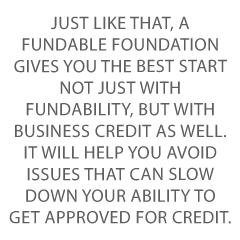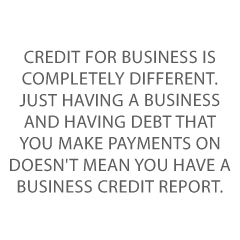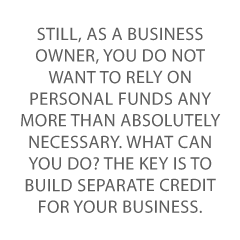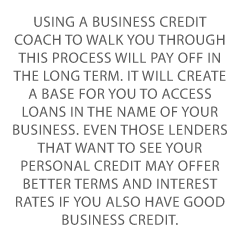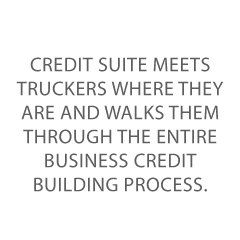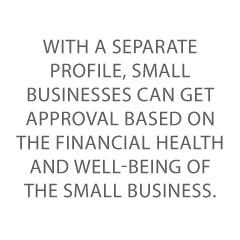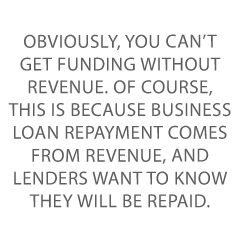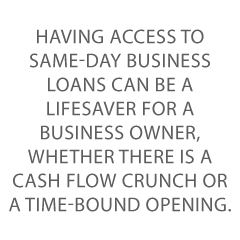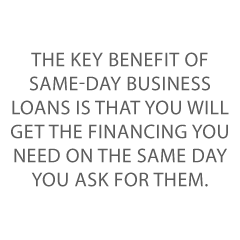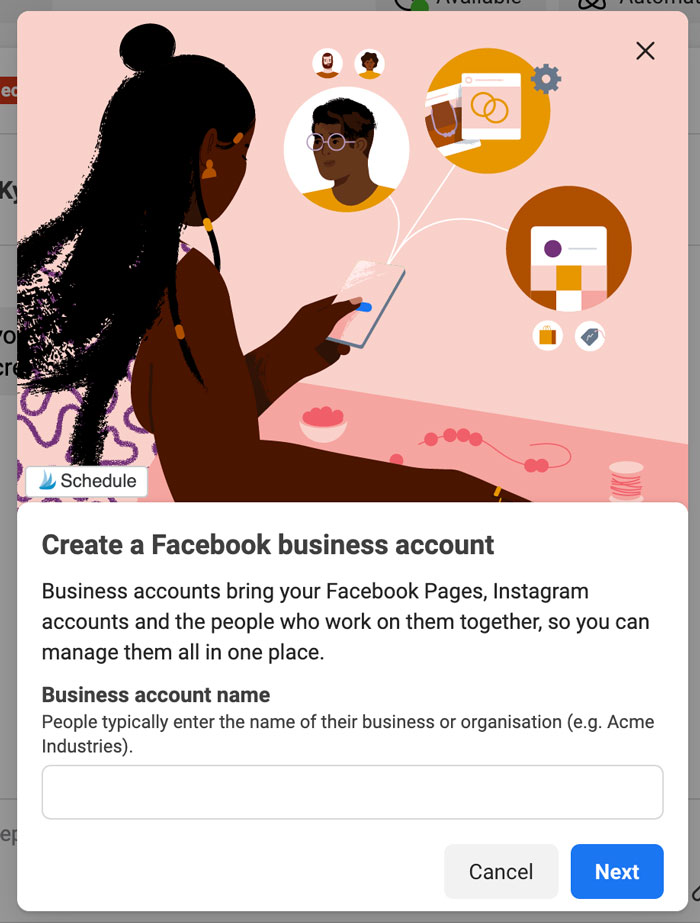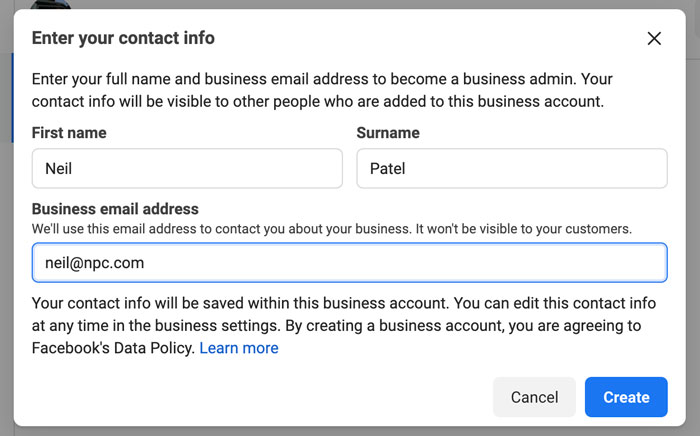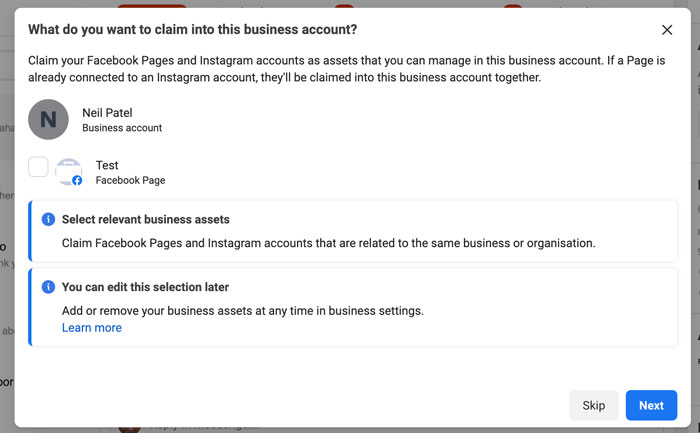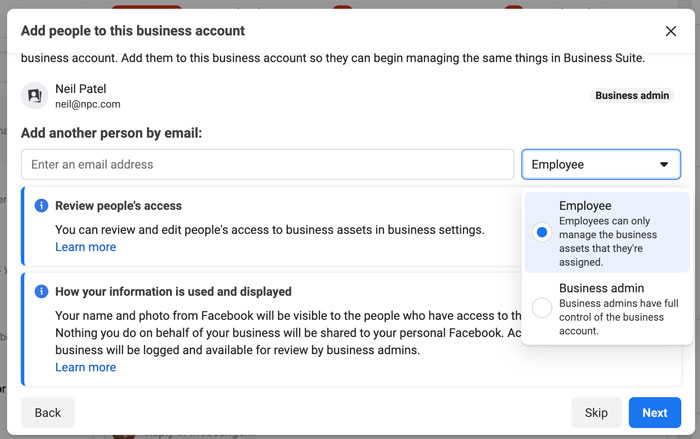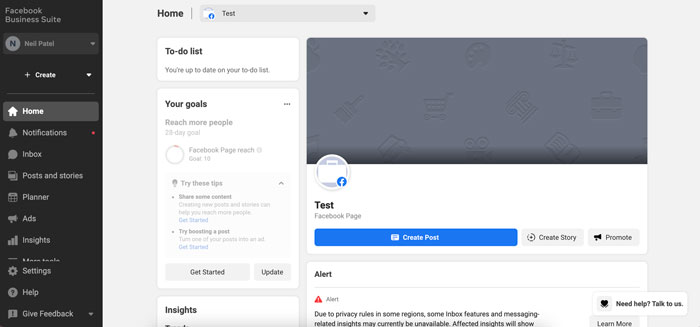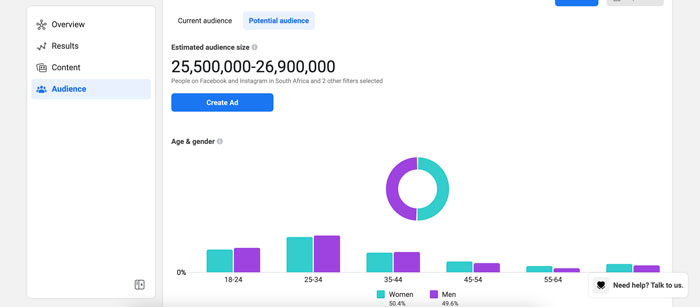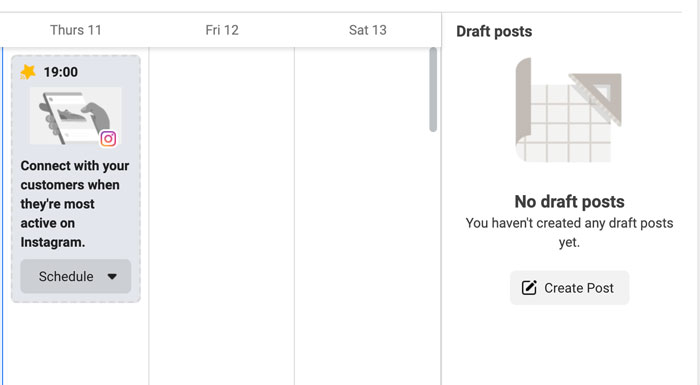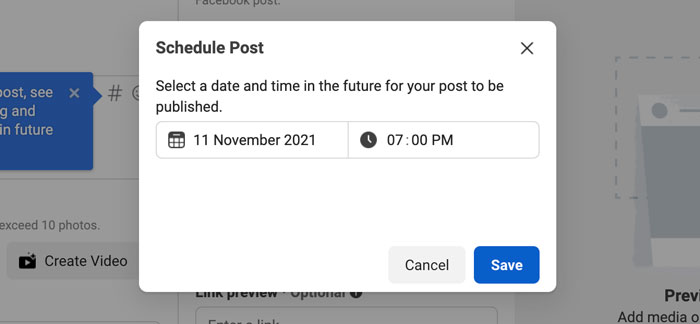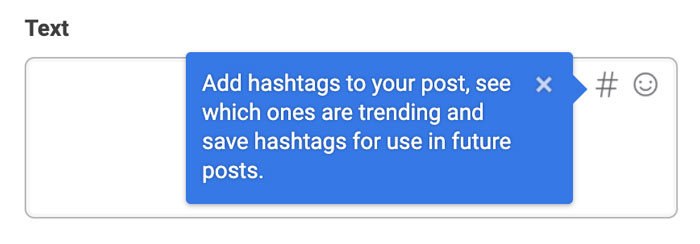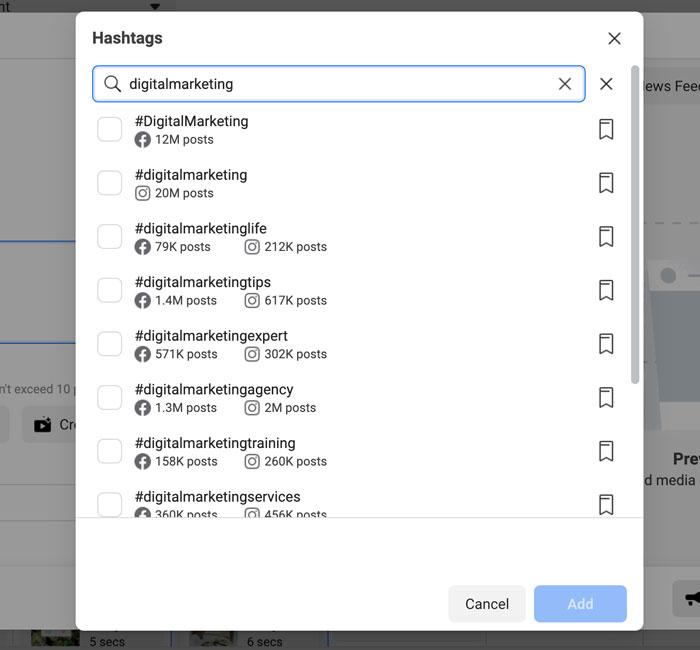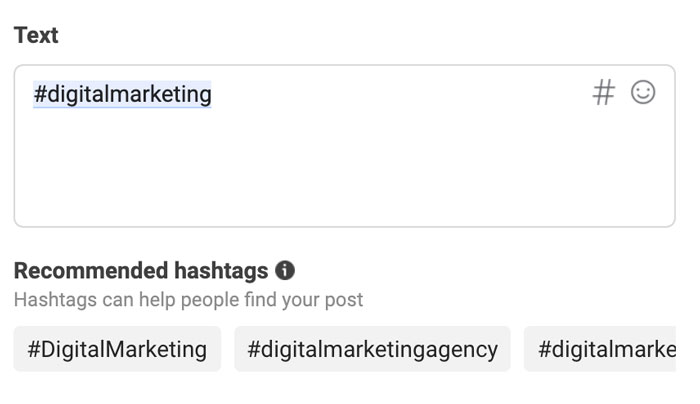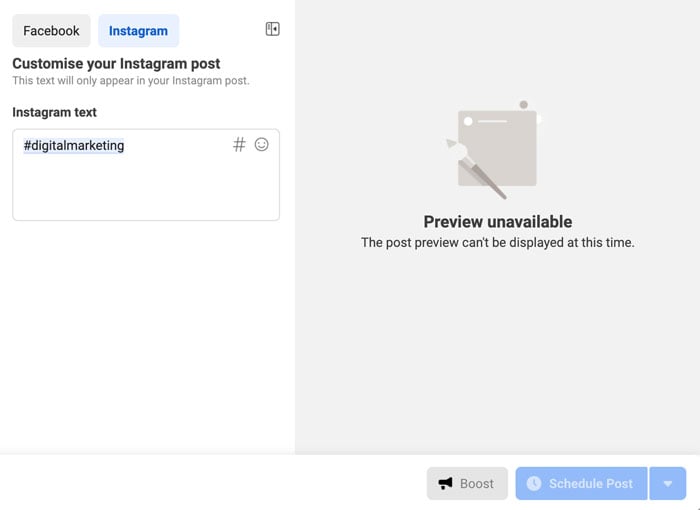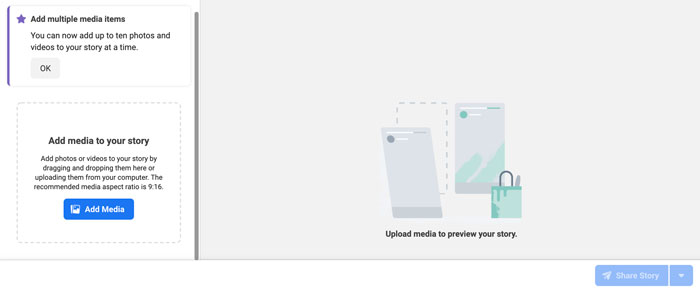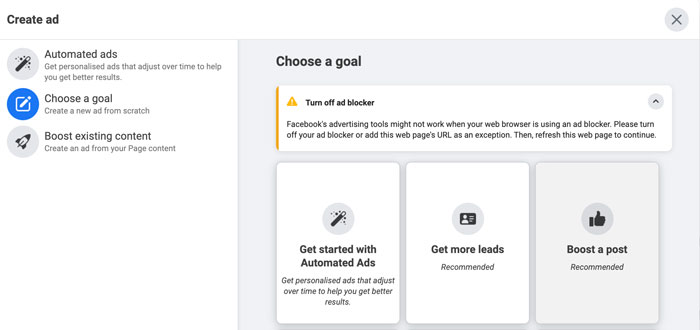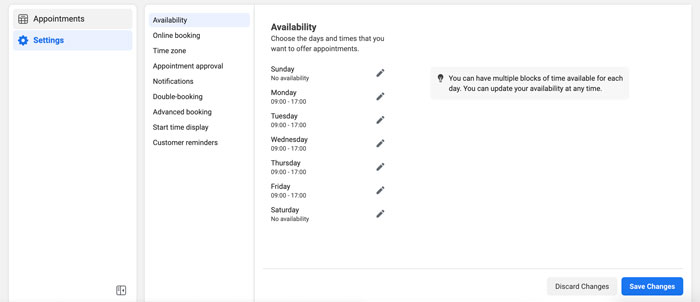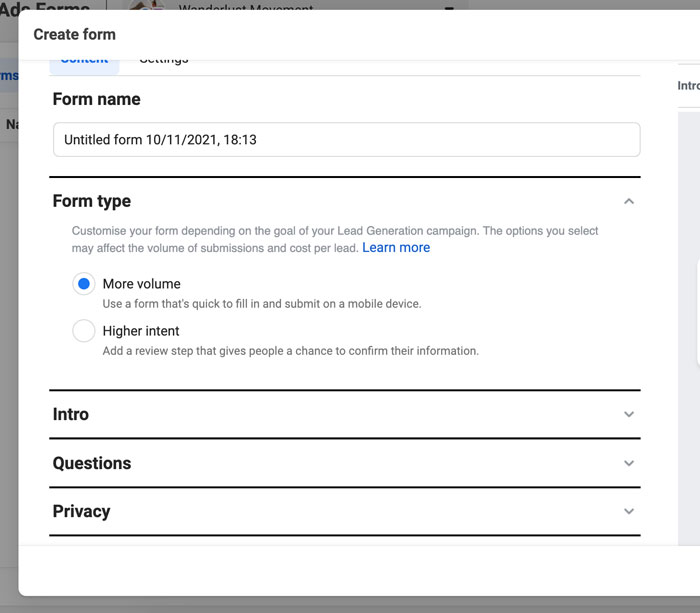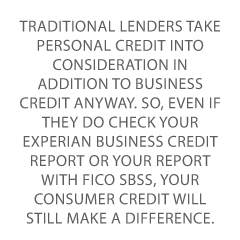
How to Get Business Credit With EIN Only
Business credit is credit in the name of a business. Unlike consumer credit, you need to actively work to intentionally start establishing business credit. A small business owner can get business credit with EIN only, but it doesn’t happen on its own. You have to establish and build it intentionally. How do you do that?
What is an EIN?
It helps to understand what an EIN is before you begin establishing business credit. EIN stands for Employer Identification Number. The IRS issues it to businesses. The process to apply for an EIN is fast and easy. Even better, it is free.
Is an Employer Identification Number Necessary to Apply for a Business Credit Card?
The key to getting business credit with EIN only is to use the business’s Employer Identification Number instead of the small business owner’s Social Security Number to apply for a business credit card or vendor credit.
If your business is set up correctly, the business credit card will not be tied to your consumer credit.
Card issuers and other credit providers may ask for your Social Security Number for identity purposes. This is in an effort to prevent fraud. If your small business is set up properly, it will not be necessary for determining creditworthiness when you apply for vendor credit or a business credit card.
To Build Business Credit With EIN Only, Start with a Fundable Foundation
Foundation
You cannot get business credit with EIN only if your business is not set up to be separate from you as the owner. To do this, you need to build a Fundable Foundation. It involves a number of details that most small business owners do not realize matter when it comes to whether or not their company can get funding.
Foundation. It involves a number of details that most small business owners do not realize matter when it comes to whether or not their company can get funding.
When you apply to get a business credit card, you may never consider that whether you choose to operate as a sole proprietor or a limited liability company, personal finance issues, business licenses, and even the name of your small business can cause you to be denied. But it can.
Your Business Name
For all business owners, choosing a name for your business is one of the first things you do. It’s one of the fun parts. Yet, small businesses can help or harm themselves with how they name their businesses.
It’s best to pick a name and stick to it before you choose your EIN. Making changes after the fact creates more opportunity for mistakes. If you create strong business credit with EIN only, and then change your business name, creditors may have issues if you forget to change the name everywhere. Your EIN may show up connected to one name, but the business name is listed differently somewhere else.
How can the name you choose harm your business? Because adding the name of a risky industry can harm your future chances of getting financing. When you apply for a business loan, you don’t want your search for funding to end before it even gets started.
There is nothing deceptive about naming a business Amy’s rather than Amy’s Gun Range. If a lender has any reason to think the industry is risky, they may throw out the application before they even look at creditworthiness.
Contact Information
Ensure your business has its own phone number and address. You can get a business phone number that will work over the internet instead of phone lines. In addition, the phone number will forward to any phone.
If you want, you can use your personal cell phone or landline. Just not your personal phone number. Set it up so that whenever someone calls your business number it will ring your personal phone.
A business address has to be a physical address where you can get mail. You can use a virtual office for a business address. This is a business that offers a physical address for a fee, and sometimes they even offer mail service and live receptionist services.
In addition, there are some that offer meeting spaces for those times you may need to meet a client or customer in person.
EIN
Now it’s time to apply for an EIN for your business. Go to the IRS website and apply using the name of your business and contact information. Just your EIN with the name of your business and contact information is not enough for a fully Fundable Foundation or to build business credit with EIN only however.
Foundation or to build business credit with EIN only however.
Business Entities: Make the Right Choice
You have to choose the right business entity. Incorporating your business as an LLC, S-corp, or corporation is necessary. It lends credence to your business as one that is legitimate. It also offers some protection from liability.
Even if you are the sole proprietor, operating as a sole proprietorship does not offer the separation of business from owner that you need to build business credit.
Card issuers see sole proprietors and the business they own as one and the same when it comes to making credit decisions.
That means, for sole proprietors, consumer credit is the main determination factor. If sole proprietors have bad credit themselves and apply for business credit with their Social Security Number, they will likely be denied financing. The same is not true when it comes to corporations.
Is One Corporate Option Better Than the Other?
Which option you choose does not matter as much for Fundability , or even card issuers, as it does for your budget and needs for liability protection. The best thing to do is talk to your attorney or a tax professional.
, or even card issuers, as it does for your budget and needs for liability protection. The best thing to do is talk to your attorney or a tax professional.
They can help you decide between a limited liability company or another type of corporate business entity for liability and tax filing purposes.
Incorporate as soon as possible. Not only is it necessary for Fundability and for building business credit, but so is time in business.
and for building business credit, but so is time in business.
The longer you have been in business the more Fundable you appear to be. That starts on the date of incorporation, regardless of when you actually started doing business.
you appear to be. That starts on the date of incorporation, regardless of when you actually started doing business.
A Separate Business Bank Account is Essential to Business Credit With EIN Only
You have to open a separate, dedicated business bank account. There are a few reasons for this. First, it will help you keep track of business finances. It will also help you keep them separate from personal finances for tax filing purposes. The internal revenue service requires you to report them separately anyway. This just makes it easier.
Even more important, is the fact that this is actually a requirement of many credit issuers. They often want to see a certain number of deposits or minimum average balance in a business bank account before they will approve you.
There’s more to it however. There are several types of funding you cannot get without a business bank account. Many lenders and credit cards want to see one with a minimum average balance.
In addition, you cannot get a merchant account without a business account at a bank. That means, you cannot take credit card payments. Studies show consumers tend to spend more when they can pay by credit card.
Licenses
For a business to be legitimate it has to have all of the necessary licenses it needs to run. Do the research you need to do to ensure you have all of the licenses necessary to legitimately run your business.
Business Website: Does it Affect Getting Business Credit With EIN Only?
What does a business website have to do with whether or not you can get a business credit card, or any business credit with EIN only? Does a website really matter to your business credit profile? Do lenders that offer loans backed by the Small Business Administration really care about this? The answer is somewhat complicated.
These days, you do not exist if you do not have a website. However, having a poorly put together website can be even worse. This is the first impression you make on many. If it appears to be unprofessional, both customers and lenders will see your business in a bad light.
Your business credit profile may not mention your business website. Companies that issue credit cards are not likely to notice if you have a website or not. However, traditional lenders such as banks may research your business online.
If they do not find a professional website, it won’t help you. It might not ruin your chances completely if everything else is in order. However, if they already have doubt, this could push them over the line to denial.
Spend the time and money necessary to ensure your website is professionally designed and works well. Pay for hosting too. Don’t use a free hosting service. Also, your business needs a dedicated business email address. Make sure it has the same URL as your website. Don’t use a free service such as Yahoo or Gmail.
It would be tragic to put all the work in to build business credit with EIN only, and then be denied because your website appears unprofessional, or because you do not have one at all.
Keep and Eye on Your Personal Credit Report
When you are working to establish business credit with EIN only, the ultimate idea is to separate business credit from personal credit. Still, that doesn’t mean consumer credit doesn’t matter when it comes to business funding. Even if you don’t use your Social Security Number on a business credit card application and use only an EIN.
This is because some of the business credit reporting agencies use consumer credit in their business credit calculation. For example, Experian uses a blended model when they calculate your business credit score. FICO SBSS also uses consumer scores to calculate business credit scores.
What Drives Personal Credit Score
Unlike business credit, your personal score is driven by factors that go beyond your payment history. For good credit scores on the consumer credit side, you will need to keep your credit utilization low.
You also will need a mix of consumer credit types. That means credit cards would complement a personal loan, auto loan, or mortgage.
What Types of Lenders Look At Personal Credit
Traditional lenders take personal credit into consideration in addition to business credit anyway. So, even if they do check your Experian business credit report or your report with FICO SBSS, your consumer credit will still make a difference.
Basically, for good consumer credit, you need to show a few ways how you handle credit responsibly.
Go to the Dun & Bradstreet Website and Get a DUNS Number for Your Business
You will need a DUNS number. This is the number Dun & Bradstreet uses to identify your business in their system. A DUNS number plus three reported payment experiences will equal a PAYDEX score.
You cannot have business credit with EIN only without establishing a credit profile with Dun & Bradstreet.The main score they issue is called the PAYDEX. Once you have a PAYDEX score, the other business credit bureaus will create a profile for you if they haven’t already.
Dun & Bradstreet is the largest and most commonly used business credit bureau, so having a credit score with them is important.
Monitoring is Important to Track Your Business Credit With EIN Only
Monitor your business credit reports with all three of the major bureaus to ensure they exist and remain complete and accurate.
This includes your Dun & Bradstreet report with your PAYDEX score, as well as your Equifax and Experian business credit report.
Credit Suite offers a business credit monitoring package that includes all three for a fraction of the price it would be if you monitored reports with each credit bureau individually.
After a Fundable Foundation, What’s The Next Step to Build Business Credit With EIN Only
Foundation, What’s The Next Step to Build Business Credit With EIN Only
After you have the foundation in place, you have to get accounts reporting on-time payments to your business credit reports. That’s how you establish business credit and start building a business credit history.
The only way to build business credit once you get a business credit profile is to get business business credit accounts, with EIN only, that will report positive payment history. That’s easier said than done. Plenty report missed payment, but far fewer actually report payments made on time.
If you are just starting out trying to build business credit with EIN only, the first accounts you get are typically net accounts with vendors. You’ll have to find vendors that will extend credit without a credit check, since you don’t want your personal credit in the mix and you do not yet have a score for your business. And of course, they have to report. Finding these vendors is easier said than done.
How To Find Accounts That Report
This is where Credit Suite comes in. We keep track of the vendors and corporate cards out there, and know which will report to the business credit agencies. We also keep track of how to apply to these vendor and corporate credit cards, how to make sure you qualify, and if card issuers are looking for personal guarantees.
When you apply for business credit cards for your business purchases, credit card companies will often check your personal credit report. However, some of them will not look at credit at all. That means you can get them without a personal credit check and before you have any business credit. Then, if they report, your business score will start to grow.
Credit Suite’s Vendor Database Can Help You Establish Business Credit with EIN Only
Credit Suite divides accounts that report into tiers, with Tier 1 vendors being what are often called starter vendors. These are vendors you can get before you have a business score, that will report to your business credit report. Uline and Grainger are just two examples of these.
Both of these vendors will extend business credit based on factors other than credit score. Then, they will report on-time payments. You can use the credit for the business purchases you need to make in everyday business, and as payments are reported your business credit score will grow.
Help Your Business Credit File Keep Getting Stronger
As it grows, you’ll be eligible for more and more accounts. We have these divided into Tier 2 and Tier 3. Our list is useful because most vendors do not advertise whether or not they report possible payment history.
Our thumb is on the pulse of the industry, and we keep an eye on who is reporting and who isn’t. You can choose those that will allow you to make business purchases that you actually need, while you build your business credit score.
Without this knowledge, a business owner would just have to apply for accounts at random and hope they report. This could take years and you still may not ever even establish business credit.
Where Do Business Credit Cards Fit In?
In general, vendor accounts are issued with Net terms. Meaning, if you have a Net 30 account with Uline, you have 30 days to pay the balance in full. In contrast, business credit cards are typically revolving accounts.
However, you will likely qualify for some before you qualify for others. Some retailers will offer a credit card only for use with their specific business.
So, you may only be able to use your Office Depot credit card at Office Depot. This is different from a vendor account because it is revolving, not net terms.
Most of the time you will need to already have a few vendor accounts reporting and have a decent business credit score before you qualify for store credit cards.
However, credit card companies offer business credit cards that are not limited to where you can use them. Yet, they will want to see strong, established business credit.
What Makes Business Credit Cards Different From Personal Credit Cards?
This is confusing for a lot of business owners. They can apply to get a business credit card easily enough. However, if the business is not set up with a Fundable Foundation, it’s really just a personal credit card. Without the separation Fundability
Foundation, it’s really just a personal credit card. Without the separation Fundability offers, credit card companies will not recognize that you and your business are actually separate legal entities.
offers, credit card companies will not recognize that you and your business are actually separate legal entities.
An actual business credit card is going to have a lot of additional benefits for your business. First, the limits will likely be much higher than any credit card you can get on personal credit.
Since business expenses are much higher than personal expenses, this is important. Also, it will not report on your personal credit. Using consumer credit to fund a business can be tragically detrimental to your consumer credit score.
Using a Business Card for Business Expenses is Best
This is largely because of these higher expenses. Personal credit is affected by your debt-to-credit ratio. If you consistently carry balances at or near your credit limits on your personal accounts, your credit score will be lower even if you make payments consistently. Using consumer credit cards to fund a business is going to make this scenario likely.
Using business credit cards that report to business credit agencies for business expenses takes the pressure of business expenses off of your consumer credit report. Once you establish business credit, you will be able to work on growing the credit score for your business so you can use business credit cards for business purchases.
Even better, the credit bureaus for businesses function much differently from consumer credit bureaus in that it is really only payment credit history that affects your score. The debt-to-credit ratio is not an issue for small business owners when it comes to business credit.
Using a credit card can also help protect your business, as they may limit exposure with online purchases. In addition, most have fraud protocols that can help protect you from having to pay for fraudulent charges. In contrast, using a debit card leaves very few options for recovery.
How Does Good Business Credit With EIN Only Help You Get Funding
It’s pretty obvious to see how a strong business credit score can help you get a business credit card and vendor accounts. It’s not all about business credit cards though.
Traditional lenders tend to look at consumer credit regardless. The question then becomes, can business credit be useful at all when it comes to getting SBA loans, lines of credit, and other types of funding from a bank?
The answer is yes! While they will not discount personal credit completely when making lending decisions related to small businesses, they may take business credit into account also.
As a result, using business credit with EIN only to build a strong business credit score can help a small business counteract not so great personal credit. In addition, it can help you get better terms and rates on loans and business lines of credit. It can even help when it comes to accessing loans backed by the Small Business Administration.
Even better, good business credit with EIN only can make a difference in the extent of personal guarantee you are required to give. In fact, in some cases it may eliminate the need for a personal guarantee at all.
It’s important to note that a personal guarantee is not necessarily a bad thing. There is a place for it. However, it does mean that you are personally responsible for repaying the loan if the business defaults. As a result, it is best to limit debt that requires a personal guarantee as much as possible.
This is why establishing credit for your business is so essential. There is much more to it than qualifying for corporate cards or a corporate gas card. It is necessary for effective and efficient management of business finances over all.
Business Credit Portfolio
Having a well rounded mix of business credit with EIN only will help you build a strong business credit portfolio. This is an important tool for managing business financing. It is the combination of vendor credit, corporate gas cards, any small business credit cards, lines of credit, loans, and all other business financing. It includes financing both with and without a personal guarantee.
When you start building business credit with EIN only, aim to build a well rounded business credit portfolio. Then, you will always have the funding you need, when you need it. One corporate credit card will only go so far, but a variety of credit cards and other business funding will ensure you can manage cash flow, regular expenses, and emergencies when they pop up.
Using Business Credit to Build a Business Credit Portfolio and Cash Pool
Using business credit to build a business credit portfolio and cash pool is key to cash flow management. There are 3 parts to this:
- Cash on hand
- Amount available to spend on vendor credit accounts
- Amount available to spend on business credit cards
- And business lines of credit or loans that you can pull funds from if needed
When you have a cash pool that includes business credit, you have options and flexibility. You can run your day-to-day business operations with cash.
Then, if you need more for something out of the ordinary, you can pull from your other funding options that you already have in place. Consider these examples.
Vendor Accounts
For example, if you are a contractor and land a large contract, but do not have the materials on hand available to complete it, you can use vendor accounts with suppliers. Then, when the contract is complete and you are paid, you can pay your supplier.
Corporate Credit Cards and Corporate Gas Cards
Another example would be if you wanted to take advantage of bulk sale pricing from a wholesaler. You may not have the cash on hand to spare for ordering extra at the lower prices. However, you can use a corporate credit card to make the purchase, and repay as the items sell.
One of the easiest business credit card types to get is a corporate gas card. This type of credit card is useful in a number of ways. Even if you do not run a fleet, and even though corporate gas cards rarely limit purchases to fuel and maintenance, this type of business card can help you with these types of expenses.
In turn, you can budget for them better. Note here, that even though it is one of the easiest business credit card types to get, you don’t need too many. Just get what you can use for your business.
Prepaid Business Cards
A prepaid business card can help if it reports. Otherwise, there is really no point. A prepaid business card that does not report is just taking an unnecessary extra step or two that will only slow you down. Focus on any business card that will report. That’s what will get you further along in the journey.
Whether you use vendor accounts, corporate credit cards, credit lines, or some other business card or loan will depend on the circumstance.
However, using a business card or vendor account will ensure you only have to take the time necessary to apply for a business loan when you really have to.
Having a business card available to take care of things as needed offers the much needed convenience and flexibility to manage your business effectively and efficiently.
There Is More to Business Credit With EIN Only Than Getting a Business Credit Card
Truly, business credit is a journey, not a destination. At Credit Suite, we aim to help small businesses build a strong business credit profile in the most effective, efficient way possible.
That means starting with a Fundable Foundation. We meet you where you are in that process, and walk you step-by-step through the end, starting wherever you are right now.
Foundation. We meet you where you are in that process, and walk you step-by-step through the end, starting wherever you are right now.
Then, we help you find the right accounts for your business that will report to the business credit bureaus. That includes vendor accounts and any business credit card that will report positive payment history.
The goal is not only to build business credit with vendor accounts and a business credit card or two. The goal is to ensure that when you need other funding, you are set up in the best way possible to qualify.
Then, your business can access the funding it needs, when it needs it. Whether through a business credit card, a vendor account, a loan, a line of credit, or other other option. It will not matter, because your business will be Fundable .
.
The post How to Get Business Credit With EIN Only appeared first on Credit Suite.

